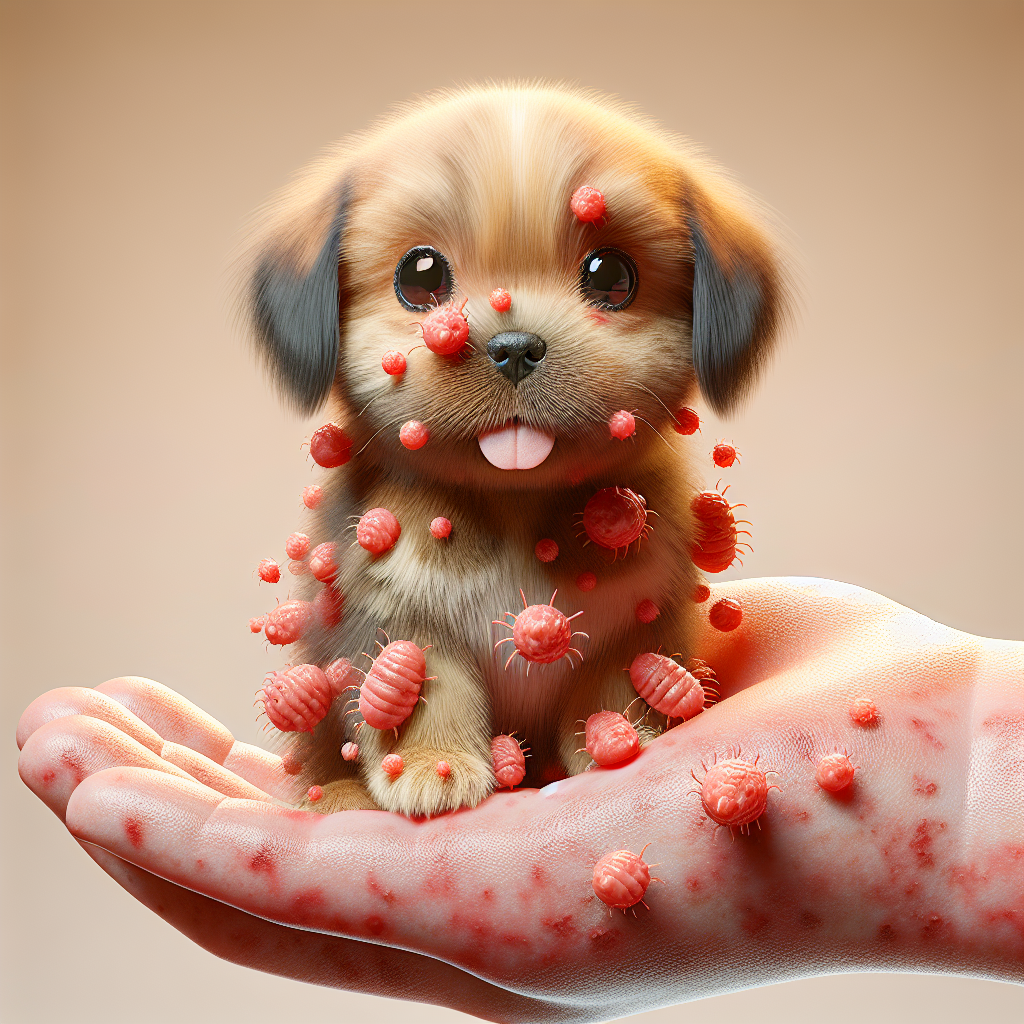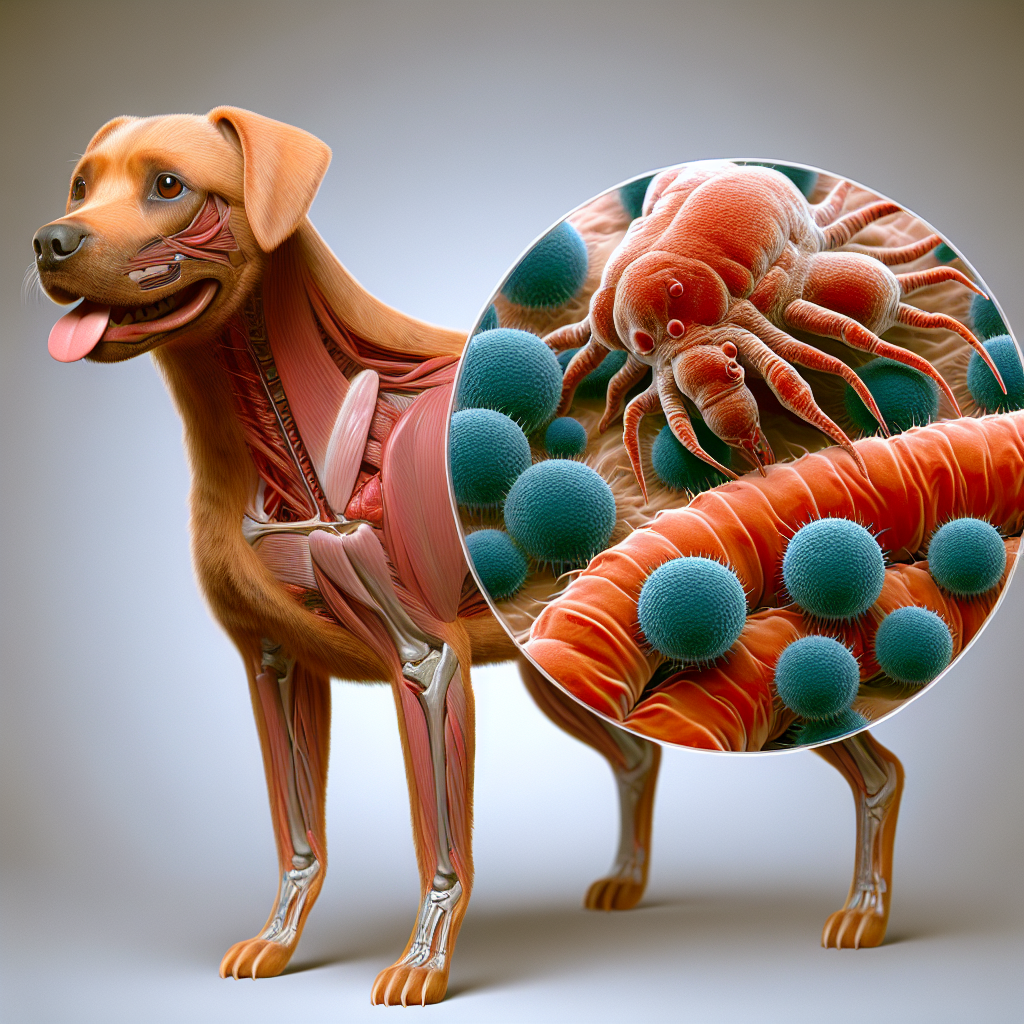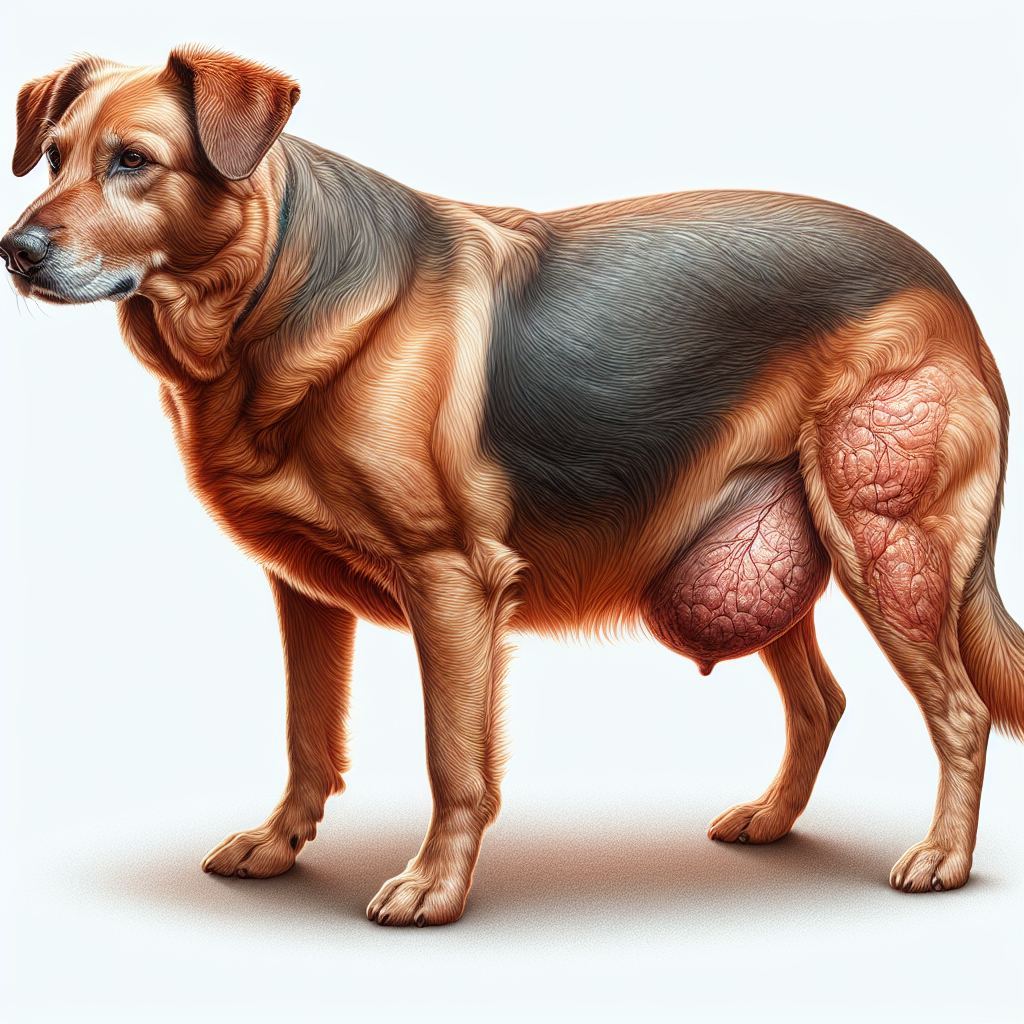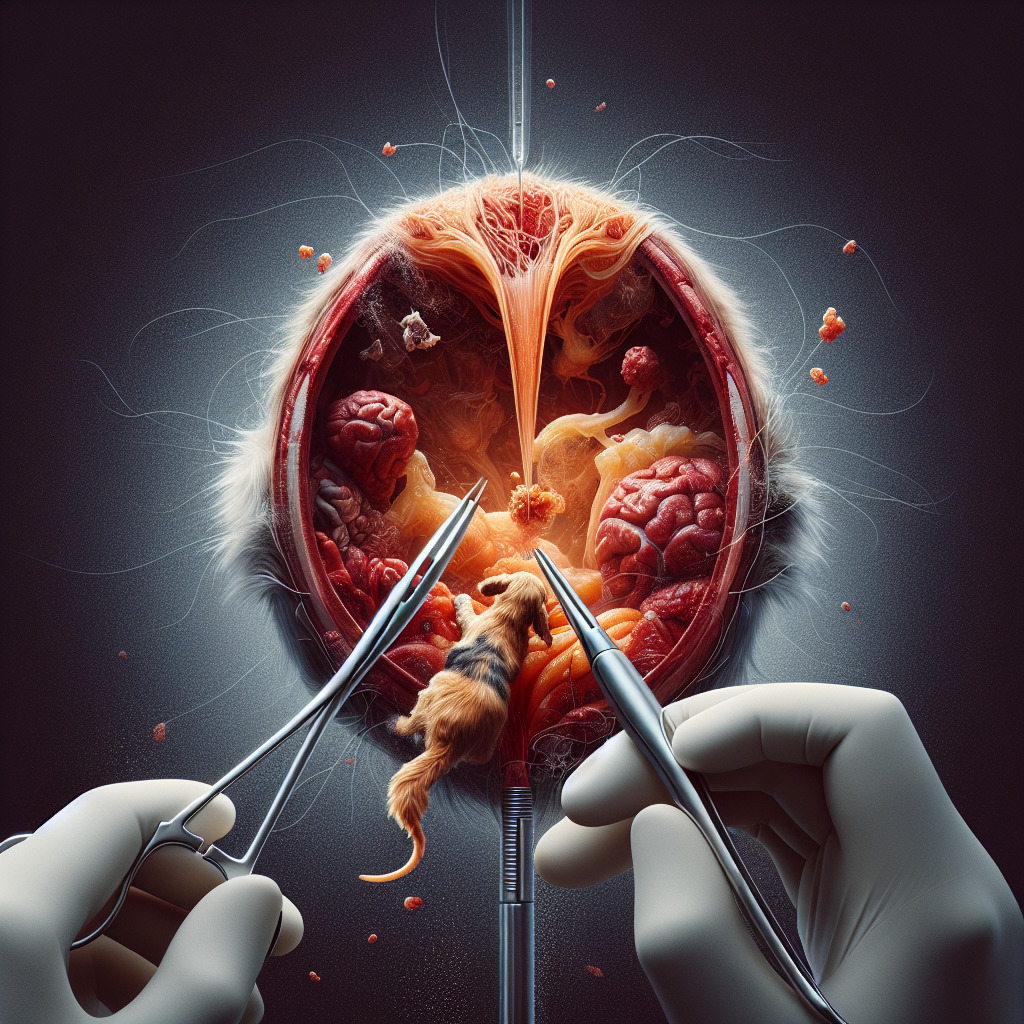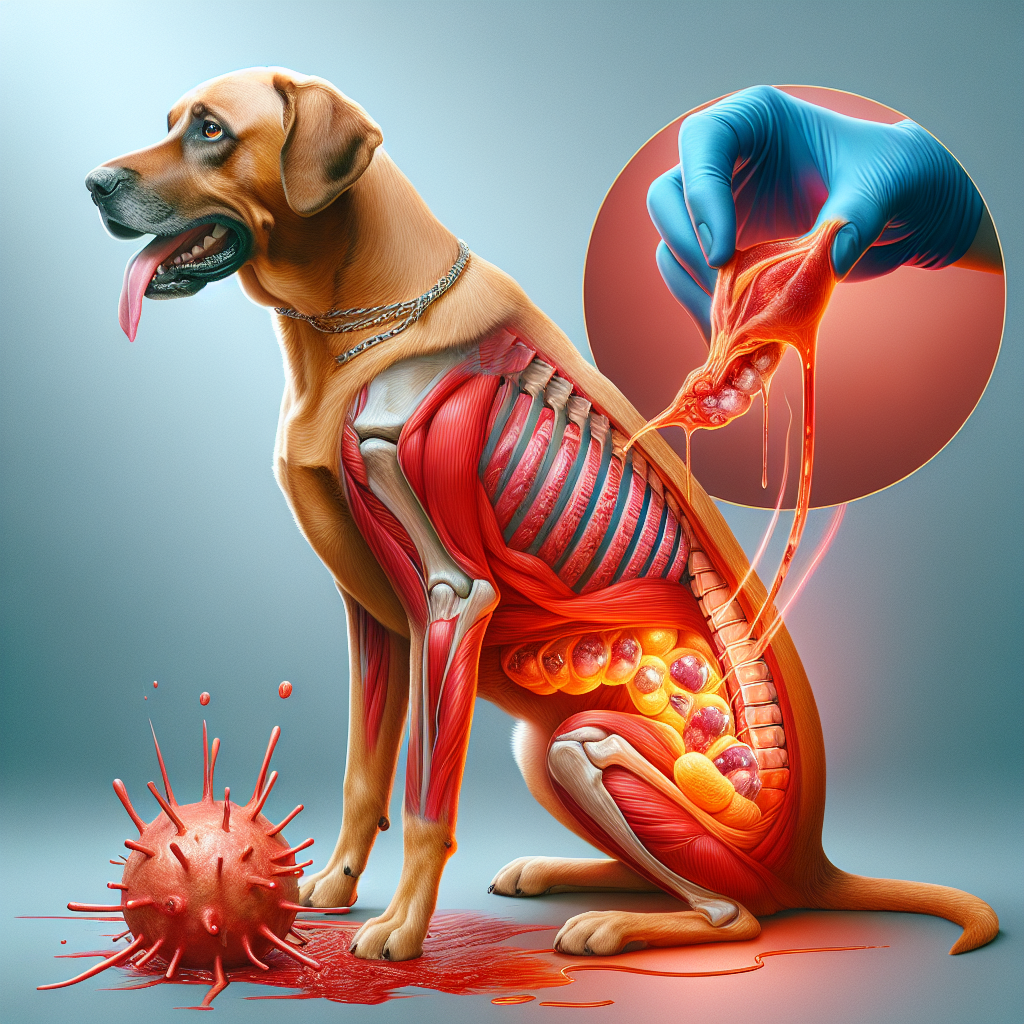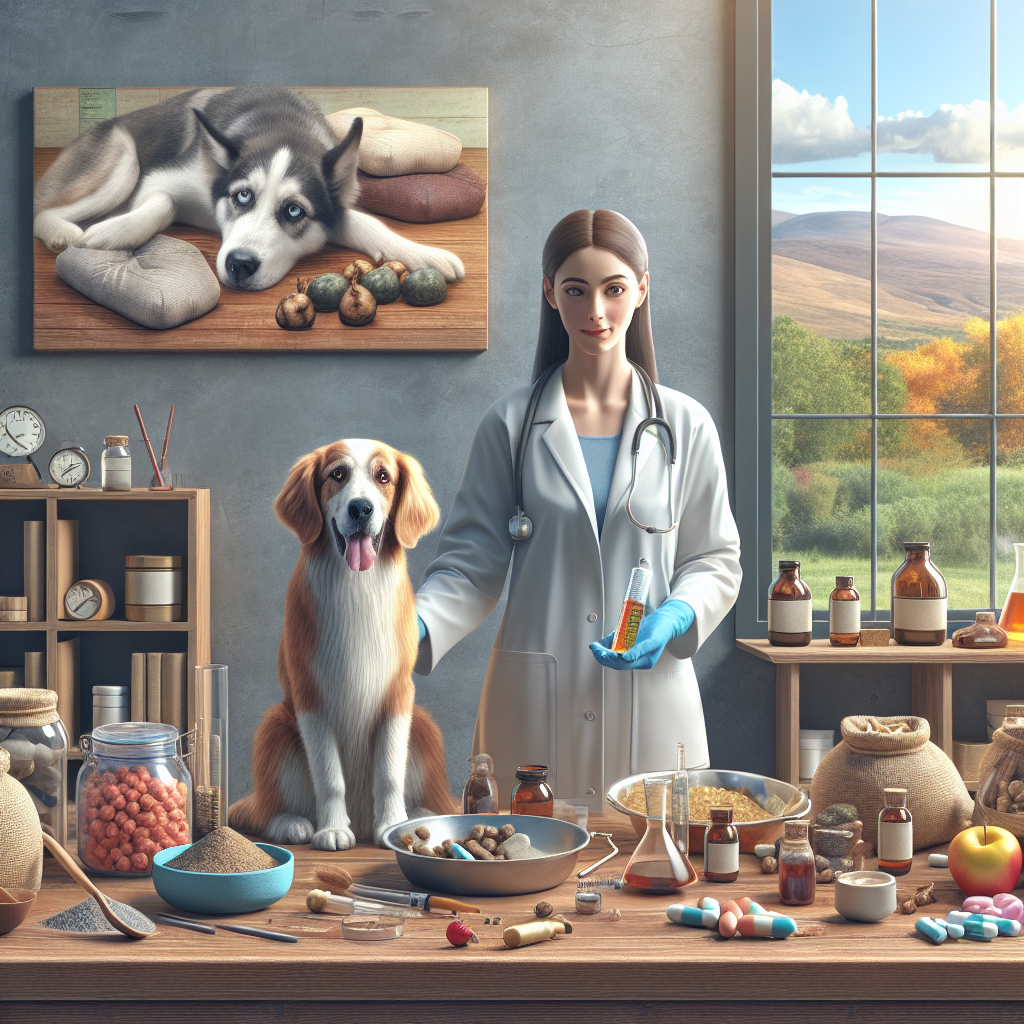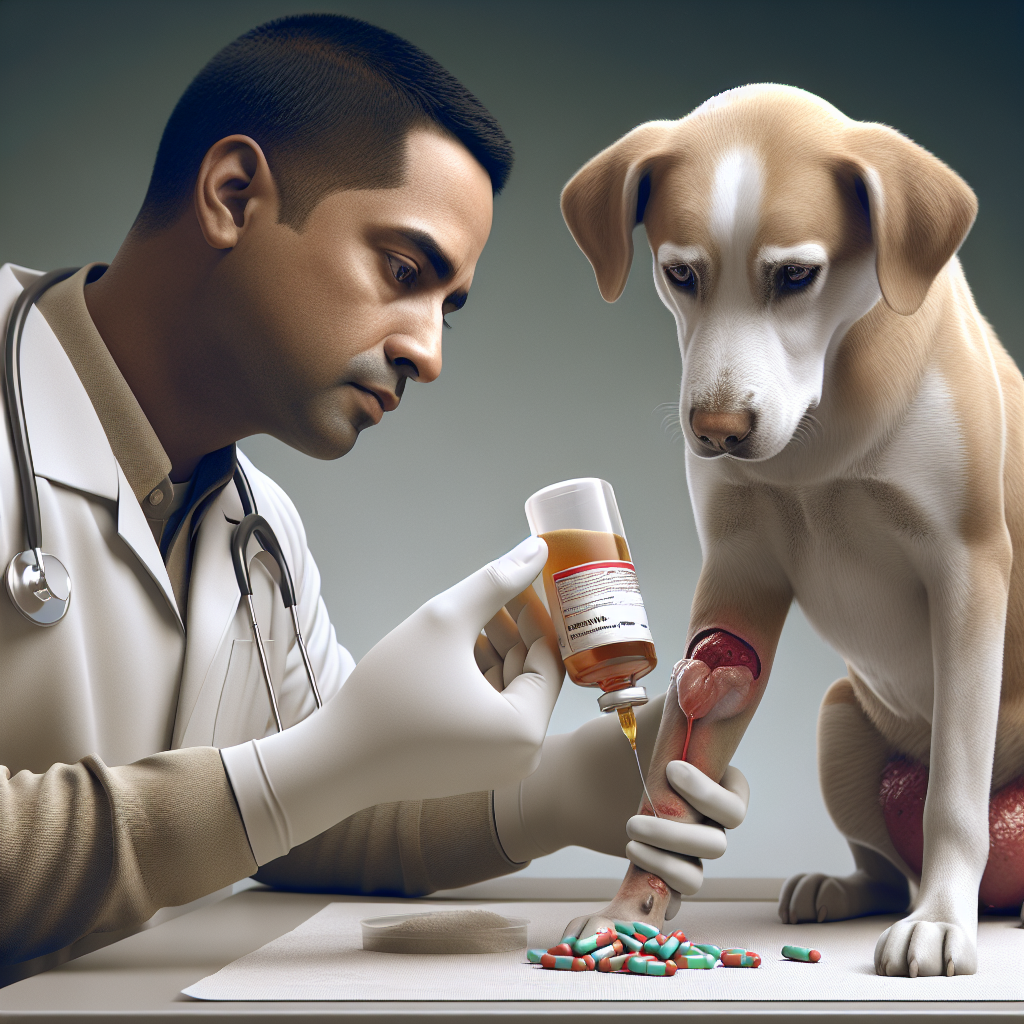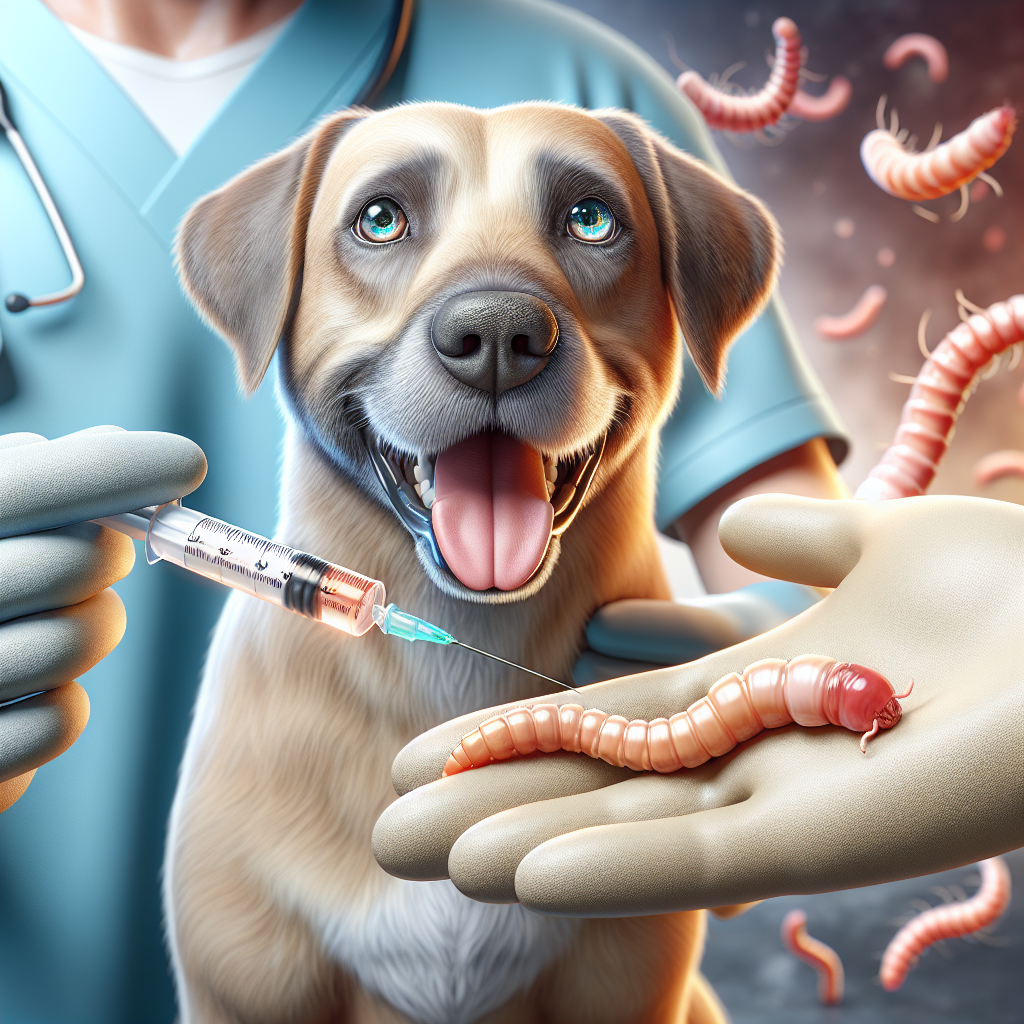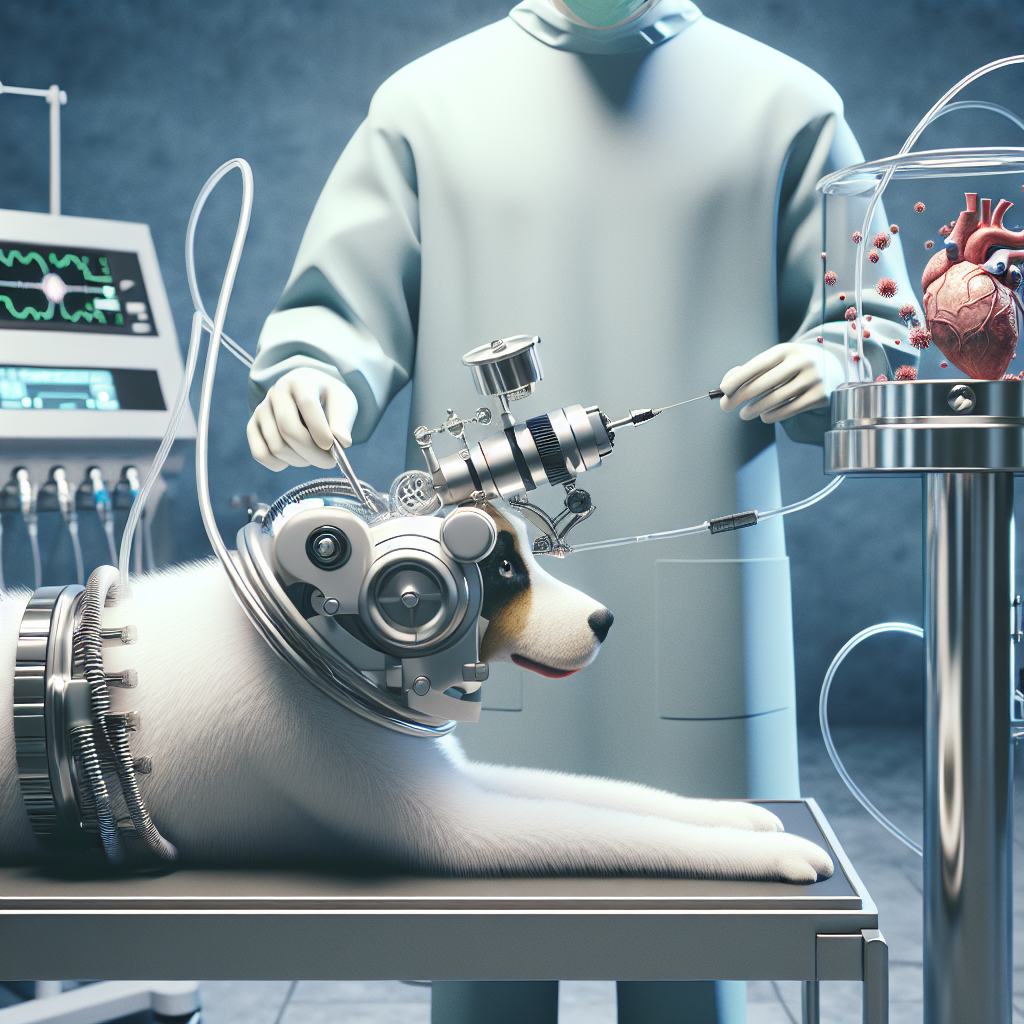Understanding Coccidia Infections
When it comes to keeping our furry friends healthy, knowing about potential infections is a must. One such sneaky culprit is coccidia, a tiny parasite that messes with the gut of dogs, especially puppies, but can also bug adult dogs and cats.
What’s Coccidia Anyway?
Coccidia, or canine Cystoisospora spp., are microscopic troublemakers that cause coccidiosis. These parasites set up camp in the cells lining the intestine, causing inflammation and tummy troubles. The usual suspects in dogs are Cystoisospora canis and Cystoisospora ohioensis.
How Does Coccidia Spread?
Puppies are prime targets for coccidia. The infection spreads when they swallow oocysts, the parasite’s eggs, found in the poop of infected dogs. These oocysts can contaminate soil, grass, and other surfaces. Puppies might gulp them down while sniffing around or grooming themselves.
Coccidia can also hitch a ride on prey like mice. But don’t worry, humans can’t catch Cystoisospora spp. from dogs.
To keep coccidia at bay, clean up poop quickly and keep living areas tidy. Less exposure to contaminated spots means less risk of infection. For more tips on keeping things clean, check out our hygiene practices.
Knowing how coccidia spreads and what it is helps dog owners stay ahead of the game. Up next, we’ll dig into the symptoms, diagnosis, treatment, and prevention of coccidia infections in dogs.
Symptoms and Diagnosis
Spotting the signs and getting a quick diagnosis for coccidia in dogs is key to effective treatment. Knowing what to look for and how to confirm the infection can help dog owners act fast.
Clinical Signs in Dogs
Symptoms of coccidia in dogs can vary based on factors like the number of parasites, age, stress, immune health, and diet. Some dogs might show mild symptoms or none at all, while others could have more severe issues. Common signs include:
- Watery or bloody diarrhea with mucus
- Weight loss
- Dehydration
- Vomiting
- Lethargy
- Loss of appetite
- Depression
Not every dog will show all these symptoms, and some might not show any but still spread the parasite through their feces. Regular fecal exams are crucial for early detection and preventing the spread. If you think your dog might have coccidia, see a vet for a proper diagnosis.
Diagnostic Methods
Vets use a few methods to diagnose coccidia in dogs. The most common is a fecal exam to find coccidia oocysts (eggs) in the dog’s stool. This involves looking at a fresh stool sample under a microscope. Finding these oocysts confirms the infection.
Sometimes, additional tests are needed. These might include blood tests to check the dog’s overall health and immune response, or imaging like X-rays or ultrasounds to see how far the infection has spread or spot complications.
If you suspect coccidia, consult your vet. They can run the necessary tests and give an accurate diagnosis. Early detection and treatment are essential to keep the infection from getting worse and to ensure your dog’s health.
By knowing the signs and understanding the diagnostic methods, dog owners can take the right steps to tackle coccidia infections. If coccidia is confirmed, the next steps involve treatment and management strategies to help your dog recover and stop the infection from spreading.
Treatment and Management
Dealing with coccidia in dogs? Quick action is key to stop the parasite in its tracks and ease your pup’s discomfort. Here’s the lowdown on treatment and keeping things clean.
Medication for Coccidia
First up, meds. Your vet will likely prescribe something to knock out the coccidia. The go-to drug is sulfadimethoxine, an antibiotic that gets the job done. You might know it as Albon®. How long your dog needs to take it depends on how bad the infection is. Puppies might need a longer course.
Sometimes, vets use other meds like ponazuril, even though it’s not officially for coccidia. It works pretty well too. Stick to the dosage your vet gives you and make sure your dog finishes the whole treatment to kick the parasite out for good.
Environmental Disinfection
Next, let’s talk cleanup. Coccidia oocysts (the nasty little eggs) can hang around in the environment for ages. So, cleaning your dog’s space is a must to stop the cycle of infection.
Use disinfectants that actually work against coccidia. Follow the instructions on the bottle for how to mix and use them. Focus on spots where your dog has pooped since that’s where the oocysts are.
Preventing reinfection is just as important. Scoop the poop ASAP and keep your dog’s area clean. Wash your hands well after handling your dog to avoid getting sick yourself.
By combining meds with a good cleaning routine, you can beat coccidia and make your dog’s environment safer. Always check with your vet for a treatment plan that’s right for your dog. For more details on symptoms and treatment, check out our articles on coccidia in dogs symptoms and coccidia in dogs medication.
Keeping Coccidia at Bay
Nobody wants their dog to deal with coccidia. It’s a pesky parasite that can cause a lot of trouble. But don’t worry, there are ways to keep your furry buddy safe. By focusing on preventing reinfection and practicing good hygiene, you can help your dog stay healthy and happy.
Stopping Reinfection
Dogs can easily get reinfected with coccidia, so it’s super important to keep things clean. Here are some tips to help:
-
Clean Up Poop Fast: Coccidia oocysts (the bad guys) become infectious just hours after your dog poops. So, pick up the poop right away to stop these oocysts from spreading. This simple step can make a huge difference.
-
Deep Cleaning: These oocysts are tough and can resist many disinfectants. Use diluted chlorine bleach or steam cleaning to kill them. Make sure to clean your dog’s living area, including their bed, toys, and any surfaces that might have poop on them (VCA Canada). Scrub away any leftover debris with a degreasing cleaner to keep things spotless (Cornell University College of Veterinary Medicine).
Good Hygiene Habits
Keeping things clean isn’t just about your dog’s space. It’s also about good hygiene practices. Here are some key habits to follow:
-
Wash Your Hands: Always wash your hands with soap and water after handling your dog, especially if you’ve touched poop. This helps stop the spread of coccidia and other germs.
-
Dispose of Waste Properly: Get rid of dog poop quickly and correctly. Bag it up and throw it away in the right bins. This keeps the environment clean and reduces the risk of spreading coccidia to other animals.
-
Regular Grooming: Keep your dog clean by grooming them regularly. Pay extra attention to their paws and hindquarters, as these areas can easily pick up dirt and germs.
By following these tips and keeping things clean, you can help protect your dog from coccidia. Remember, while these steps are helpful, they’re not foolproof. Regular vet check-ups and following the right canine coccidiosis treatment plans are also important for your dog’s health.
Coccidia in Puppies
Puppies are like little sponges, soaking up everything around them—including nasty parasites like coccidia. Let’s break down what coccidia does to puppies and how to tackle it.
What Happens to Puppies?
Coccidia is no joke for puppies. The first sign is usually a bit of diarrhea, but it can quickly get worse. We’re talking about diarrhea with mucus and even blood. Your pup might also start vomiting, lose weight, and look pretty miserable.
In severe cases, coccidia can lead to dehydration, belly pain, and even death (VCA Canada). So, if your puppy shows any of these signs, it’s time to see the vet, pronto.
Treatment Headaches
Treating coccidia in puppies isn’t always straightforward. Their young immune systems make them more vulnerable, and they might need stronger treatment. Usually, vets prescribe specific meds to kill the parasites.
But here’s the kicker: coccidia can sometimes resist these meds, making treatment tricky. Plus, puppies can be sensitive to the side effects, so vets need to keep a close eye on them and tweak dosages as needed.
To get the best results, team up with a vet who knows their stuff about coccidia in puppies. They’ll guide you on the right meds and treatment plans tailored to your pup’s needs.
Keeping Coccidia at Bay
Prevention is your best friend here. Keep your puppy’s environment clean, practice good hygiene, and avoid places where they might pick up coccidia. Regular poop checks and deworming are also crucial to keep your puppy safe.
Knowing what coccidia can do and how to handle it helps you stay ahead of the game. By working with your vet, giving the right care, and keeping things clean, you can protect your puppy’s health and happiness.
Risks and Complications
Coccidia infections in puppies can be a real headache if not tackled early. Dog owners need to know the risks and complications that come with coccidia in puppies.
Severe Cases
Sometimes, coccidiosis in puppies can get pretty nasty. We’re talking severe watery diarrhea, dehydration, tummy troubles, and vomiting. These symptoms can be alarming and might need a vet’s immediate attention to avoid things getting worse.
If you ignore it, coccidiosis can lead to serious health problems and even death. Puppies have weaker immune systems, making them more prone to the infection’s effects. So, keep a close eye on your pup for any signs of illness and get them to the vet pronto if you suspect coccidiosis.
Long-Term Effects
Coccidia infections can mess with a puppy’s health in the long run. If the infection sticks around or keeps coming back, it can damage the intestinal lining and mess up nutrient absorption. This can lead to poor growth, weight loss, and a weaker immune system.
To avoid these long-term issues, proper treatment and management are key. Treatment usually involves a sulfa-type antibiotic like sulfadimethoxine (Albon®), which might need to be given for a while (VCA Canada). In severe cases, extra meds, IV fluids, or other treatments might be needed.
Preventing reinfection is also super important for your pup’s long-term health. Coccidia oocysts are tough and can stick around in the environment, so good hygiene and cleaning are a must. Disinfecting with diluted chlorine bleach or steam cleaning might be needed to get rid of oocysts and stop reinfection (VCA Canada). For more tips on preventing and treating coccidia in dogs, check out our article on coccidia in dogs medication.
Knowing the risks and potential complications of coccidia infections in puppies is vital for dog owners. Early detection, proper treatment, and good preventive measures can help keep coccidia at bay and ensure your pup stays healthy and happy.






